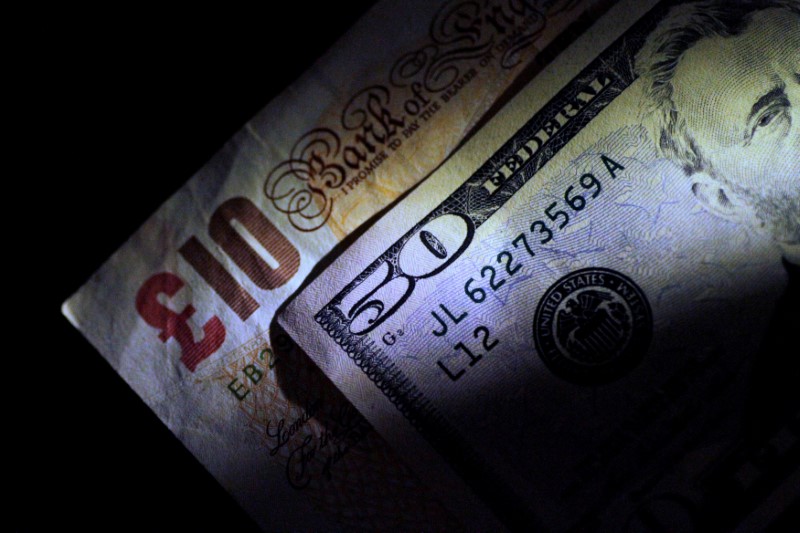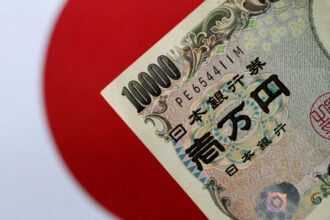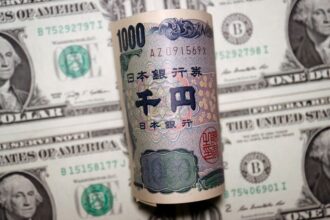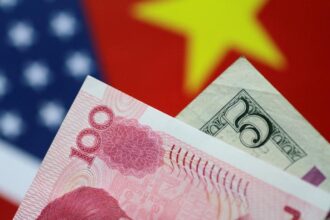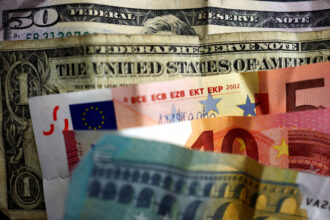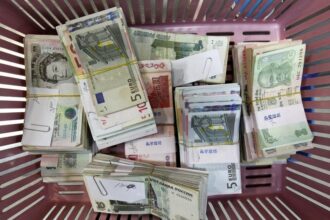Investing.com – The U.S. dollar edged lower in early European trade Thursday ahead of key growth data, while sterling continued to fall in the wake of rapidly cooling U.K. inflation.
At 04:30 ET (09:30 GMT), the Dollar Index, which tracks the greenback against a basket of six other currencies, traded 0.1% lower at 102.010, down almost 2% so far this year.
Treasury yields fall to new lows
Several Federal Reserve officials have tried to rein in expectations for a number of U.S. interest rate cuts in 2024, in the wake of last week’s Fed dovish policy-setting meeting.
But ten-year U.S. Treasury yields hit a seven-month low of 3.847% overnight, dragging the dollar lower with traders pricing in the possibility that rate cuts could come as soon as March.
There are a number of data releases due Thursday, including weekly , the , and most importantly the latest reading of quarterly growth.
However, the , the Fed’s favorite measure of inflation, is due on Friday, and could show whether inflation has slowed enough for the Fed to begin easing policy next year.
Pound continues to weaken
In Europe, fell 0.2% to 1.2618, with sterling continuing to weaken after data released Wednesday showed that plunged to its lowest reading since September 2021.
Earlier Thursday, data showed that Britain ran up a higher-than-expected budget deficit in November, with public sector net borrowing totalling £14.3 billion ($18.1 billion), underscoring the limited room for pre-election tax cuts by Prime Minister Rishi Sunak’s government.
traded flat at 1.0938, with traders looking for several rate cuts from the next year with the first moves potentially in the first quarter after fell to 2.4% in November on an annual basis, not far away from the central bank’s 2% medium-term target.
Yen recovers after sharp losses
Elsewhere, traded 0.3% lower at 143.16, with the yen recovering a measure of steep losses earlier this week after the maintained its ultra-dovish course.
Focus this week is on Japanese inflation due on Friday.
traded 0.2% higher at 7.1467, with the yuan weakening in the wake of the left its loan prime rate unchanged at record lows.
Read the full article here


